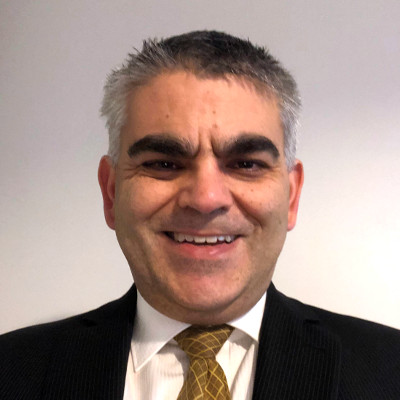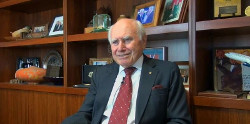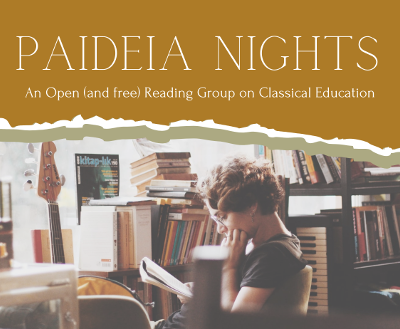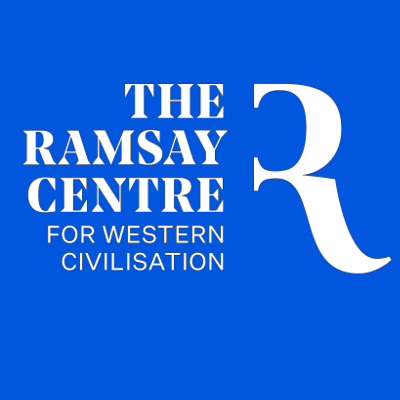Jemima Ayoub
As a year 12 student, school has been a common denominator in every aspect of my life for almost as long as I can recall. From my very first day of prep, my enthusiasm to learn only ever grew, as my thirst for contestable knowledge flourished through the nurture of the critical thinkers whom I was privileged to be surrounded by.
As the years progressed, and the curriculum proved to be intellectually baseless – void of engaging research opportunities and lacking any trace of wholesome substance – I came to the realisation that learning, flourishing, and developing into an exceptional human was a practically impossible task to complete in a school system designed to remove individuality from students.
The impersonalisation of the classroom has ultimately led to the disengagement of many students. Unfortunately, such disengagement has extended from the classroom to the very essence of the acquisition of knowledge, resulting in consistent and substantial decreases in academic achievements across most grades in NSW and the nation.
Last week I had the privilege of interviewing two exceptional secondary teachers, Kon Bouzikos, president of the Australian Classical Education Society, and Sarah Flynn O’Dea, founder of Logos Australis, on my podcast The Next Candidate. With knowledge gleaned from frontline classroom experiences, both Kon and Sarah claim to have found the solution to our current education crisis in the classical mode of education.
In 2022 almost 13 per cent of boys in year nine did not meet the minimum reading standard assessed through NAPLAN exams in NSW. With schools not only readily accessible but also mandatory in Australia, such statistics ought to horrify every reasonable citizen, regardless of their parental status.
The statistics are not mere numbers, they are Australia’s future. They are real boys- and girls who are on the verge of graduating secondary school without the ability to read a basic novel. I have personally interacted with several stage 6 students who attend both public and independent schools, yet are not capable of reading a standard news article due to a lack of focus and vocabulary.
The statistics, in themselves, prove the issue lies within the very structure of the education system rather than the providential ability for one to attend school.
Reflecting on the disengagement in the classroom, Sarah referenced esteemed 20th-century education reformist, Charlotte Mason, who spent her career advocating for students to read rich literary works rather than textbooks, or what she referred to as ‘dumbed-down twaddle’.
‘She (Charlotte Mason) spoke about a great table that is laid out with a fine feast, and that as teachers and parents as well, are to lay before our children a fine feast of the very best ideas that have been produced throughout human history and let the children develop a storehouse of ideas’.
In doing so, Sarah claims that students naturally grow an interest in the subject matter being learnt, which subsequently results in heightened academic achievements. She also claims that the obsessive focus on the academic results achieved by students misplaces the priorities of the educator.
‘Academic achievement is a byproduct of education, it shouldn’t be the primary goal’.
The gravity of the misplacement of priorities by the system is felt by every student regardless of age. From the first day of kindergarten we are taught that As are good, everything else is bad. Excluding parental encouragement, the methodology to achieve such results is scarcely noted. I admit to getting close to full marks on assessments in which I knew very little of the unit content. We have reached a point in our education system where the ability to regurgitate mundane facts (which are becoming increasingly opinion-orientated), in a rubric-accepted structure, is all that is required to be considered an academic high-achiever. The acquisition and application of knowledge is rarely, if ever, the focus of our practised school system, doing students, and subsequently Australia’s future, no favours.
The classroom is not a place to learn, it is not a place to flourish. From the first day of school to the very last, the emphasis on achieving a good HSC result and getting a boxed job is repeated until the point in which most students subconsciously accept it as their fate, toe the line and fuse their thirst to learn. I have been tempted to do so countless times. The mental energy required to push against the grain to allow oneself the human experience of critical thought, is often exhausting, but the cost of not doing so is greater. To concede defeat and fall into line is certain to erode a student’s spirit until they become nothing more than a mere tax-paying statistic. The fact our school system has forced countless students onto this path is nothing short of a national disgrace.
During the interview, Sarah reflected on a poem recited to her as a child by her year one teacher, Square and Brown Inside. In recalling its attached innuendo, she explained that she supposed that ‘it was my teacher’s way of communicating to us that the classroom is not the place to flourish’.
In reflecting on the contrast of being the teacher herself, she explained that:
‘There are all these mixed messages in the system that we should be fulfilling our potential in the school system … telling our young people to dream and believe and hope, yet the system doesn’t produce the knowledge or skill set to do that.’
Controversies have frequently arisen regarding the recent trend of pushing LGBTQ+ ideologies, climate narratives, Critical Race Theory, gender identity theory, and other forms of politically motivated activism in classrooms, promoted by state-implemented curriculums.
Many Australian parents, teachers, and organisations have lobbied against the move, promoting the right to education rather than indoctrination. As a student, I can attest to the fact that every subject is infused with countless political activism, ranging from unquestionable ‘equality’ stances, based on mere human opinion, to apparent ‘climate science’ which assures us that we have a short, miserable life ahead of us if we don’t convert to the cult of Marxist-environmentalism. To have the audacity question such narratives would often see a student shunned as a ‘phobe’ or ‘ist’ of sorts in accordance to the syllabus and its related ‘learning resources’.
Sarah explains how reintroducing the classical mode of thought, both in the classroom and in greater society, could result in disagreements being settled with cognitive discussions rather than childish taunts.
‘What we are looking for is to reconstitute the concept, and the practices of civil discourse, which is what our civilisations and great prosperity have been founded on. (…) What we are faced with in the highly political (form of education) is a kind of foe intellectualism, to me it is quite superficial.’
When considering the uniformed, stringently enforced social justice approaches, Sarah, claims that, ‘We can’t look at the layers or the nuance of individual experience, we are looking at this very reduced kind of black or white, us or them kind of (mentality). To me it is not academic, it is not intellectual, we don’t want to deny that there is a place, especially as Christians, for social justice but I think it is time to reclaim some of that territory and re-frame it from a deeper place’.
Jemima can be found on her website, Facebook, Twitter, Instagram, Spotify, and YouTube.






